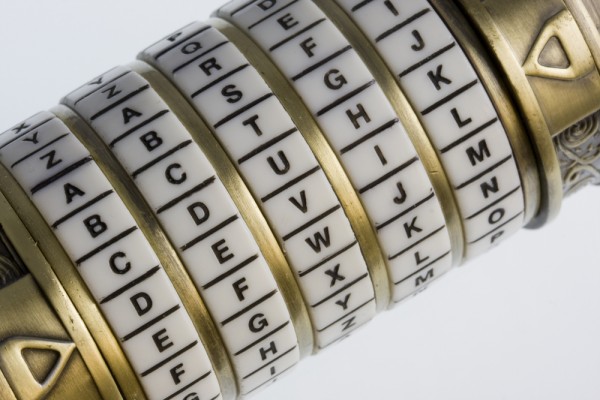Why don’t computer users take passwords seriously?
Passwords exist to keep our personal data secure. They prevent snoopers accessing our computers, and stop hackers from getting into our Facebook or email accounts. Passwords can be a pain at times -- thinking up something secure, and remembering it whenever prompted isn't always easy -- but they’re a necessary evil.
And yet, time and again we hear stories of people being hacked because they used simple-to-guess passwords, and/or the same passwords everywhere. Signing up to multiple websites with the same login you use for your email account is just asking for trouble, but people do it. The reason I bring this up is cybersecurity company ESET has just released new data from a Harris Interactive study that once again shows how lackadaisical we are when it comes to password protection.
There are no real surprises in the study which polled 2,129 U.S. adults aged 18 and over. It’s the sort of findings you’ve doubtless seen before, numerous times, but they still bear repeating. When choosing passwords, 39 percent of respondents said they go for something unique and random, which is encouraging, but 21 percent are still just using familiar names. Men are more likely to use the name of their favorite sports team, while women are more likely to use something like the name of a child or a pet. I know thinking up a secure password on the spot can be tricky, but seriously, are we really that lacking in imagination?
The study reveals some interesting things about password management. Apparently, when prompted to change a password -- because the requesting site has been hacked for example -- only three out of 10 people will do so. Around half simply ignore the request. And while nearly 45 percent of respondents said they changed their passwords once a year, 16 percent admitted to never changing them.
How passwords are stored, was also covered. While 41 percent just memorized their passwords, 29 percent jotted them down on paper, 9 percent placed them in an unsecured file on their computer, and 4 percent chose to store them in email. Probably in an account protected by the name of a sports team or pet. Fewer than 1 in 10 said they use a password manager, or their web browser, to save their logins.
Presumably users are generally careless and indifferent when it comes to passwords, because they feel safe online and being hacked is something that just happens to other people. But is it? If you've been hacked, or have had to change your logins for any reason, share your experience in the comments.
Photo credit: marekuliasz/Shutterstock
